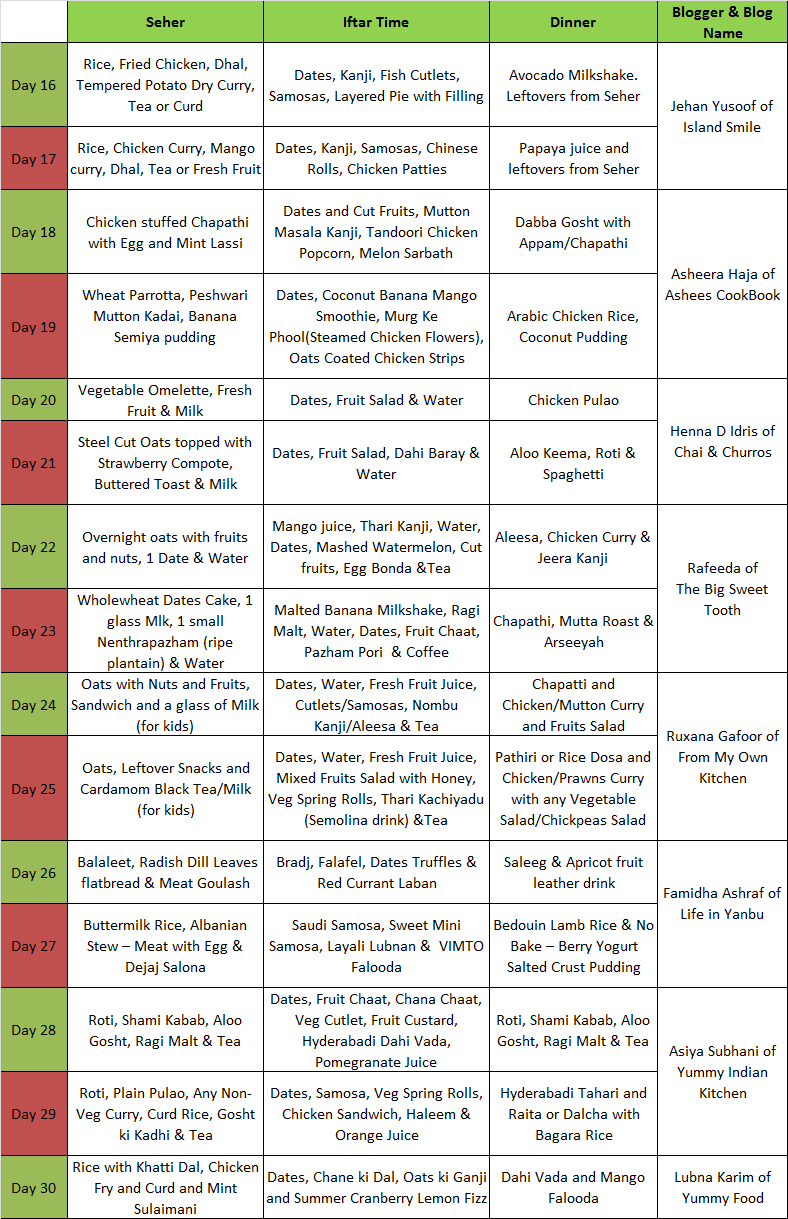Fasting During Ramadan
The holy month of Ramadan is the ninth month of the Islamic calendar and a time when many Muslims across the world fast during daylight hours for 29-30 days. The Islamic calendar, being lunar, means Ramadan falls at a slightly earlier time each year. This year it’s from March 11 to April 10. Muslims taking part in Ramadan traditionally abstain from eating or drinking during daylight hours, eating one meal (the ‘suhoor’ or ‘sehri’) just before dawn and another (the ‘iftar’) after sunset.
During fasting hours, the body automatically goes to the storage of carbohydrates for energy in order to sustain practitioners for the day. Moreover, good fats to eat like Greek Yogurt are beneficial in that they provide long-lasting energy throughout the day.
As for water, the body goes to the kidney to make sure it conserves more water than usual. This means practitioners won’t urinate as much. However, the body can’t stop itself from releasing water through sweat, meaning participants will be dehydrated. Dehydration may cause headaches, tiredness, difficulty concentrating, and much more. However, studies have suggested that this is not too harmful to health provided that enough fluids are consumed before beginning and after breaking the fast to reach replacement levels. However, if someone is unable to stand up from dizziness or disorientation, it’s imperative that they should urgently drink regular, moderate quantities of water–ideally with sugar and salt–or a rehydration solution.
If fainting occurs from dehydration, the legs should be raised above the head and the recovering participant should urgently rehydrate as outlined above. Caffeine withdrawal during the fast may also lead to headaches and tiredness yet may ease over the course of Ramadan as the body adjusts to going without caffeine during the day.
Once the fast is broken, the body can rehydrate and gain energy from the foods and drinks consumed. Having not eaten for a long period, participants may find it helpful to eat slowly when breaking the fast and starting with plenty of fluids and low-fat foods. Drinking plenty, and consuming fluid-rich foods, such as fruit, vegetables, yogurt, soups and stews, is very important to replace liquids lost during the day and to start the next day of fasting well hydrated. Salt stimulates thirst, meaning it’s a good idea to avoid consuming a lot of salty foods. The pre-dawn meal, suhoor, usually provides enough fluids and energy for the day of fasting ahead, so practitioners need not be worried so long as they are making healthy choices.
While iftar meals are often a time for celebration, with families and friends coming together to break their fasts, it’s important not to go overboard. Consuming lots of deep fried, creamy, and sweet foods may cause unnecessary weight gain. Ramadan can be a good time to make changes to people’s diets and can help make positive adjustments in the long-term.


